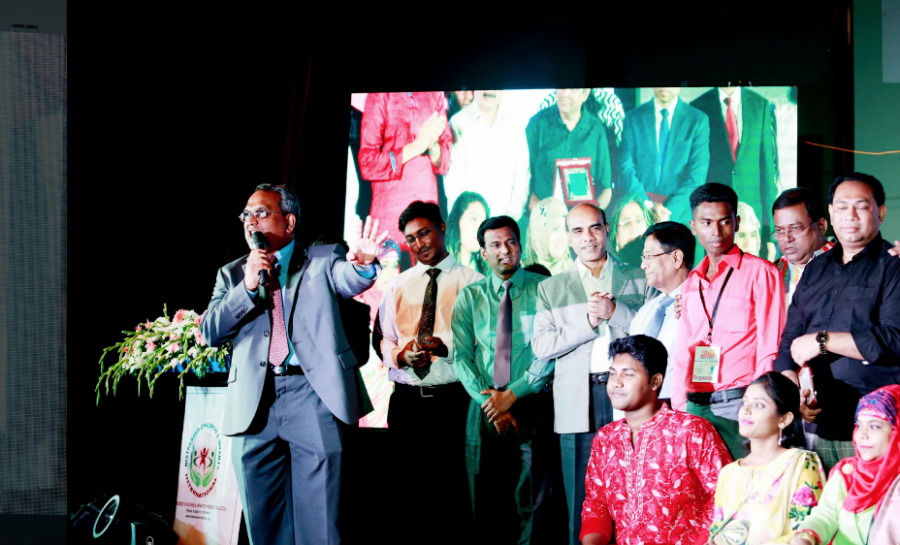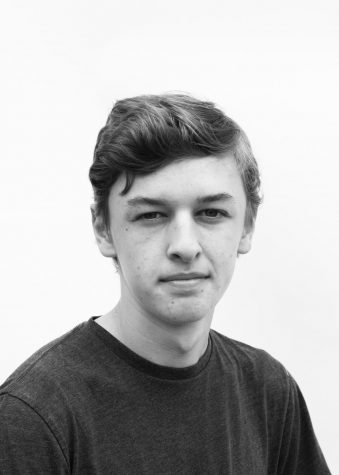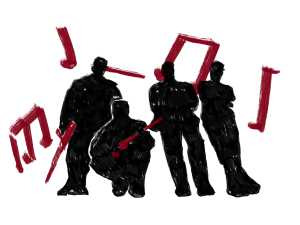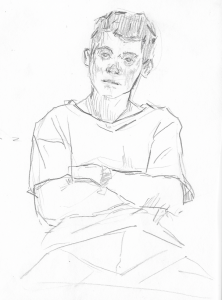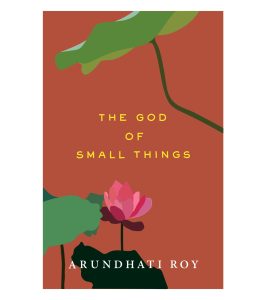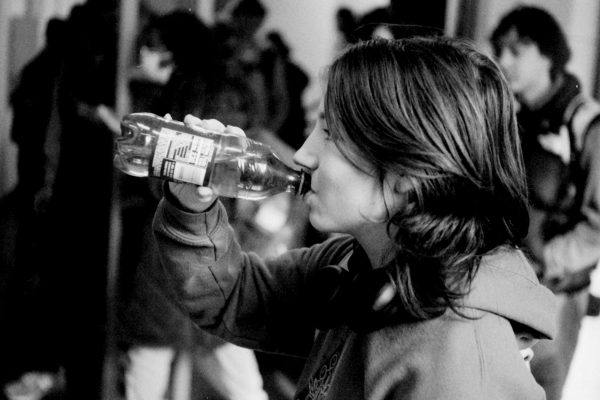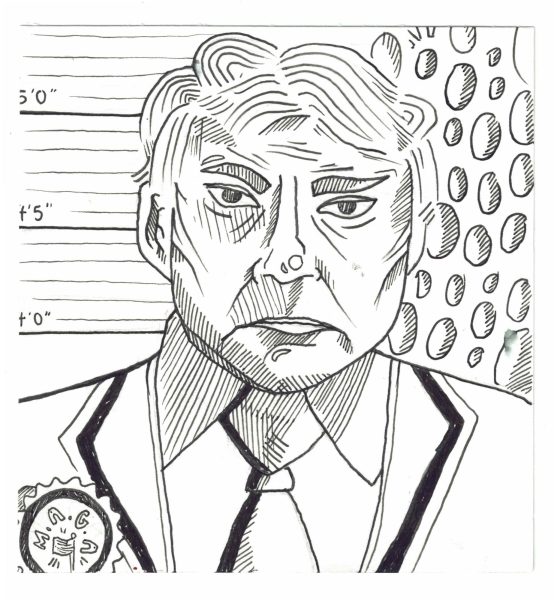Ehsan Hoque: A Life of Giving Back
January 28, 2021
Ehsan Hoque was never meant to become a successful doctor and an even more accomplished philanthropist. He was born with congenital cataracts, and by the age of five, he had undergone seven eye surgeries which saved him from complete blindness. His doctor advised his family to not have Hoque attend school and put added pressure on his eyes. They did not follow that advice, and luckily, his sight did not worsen.
“I was very fortunate,” Hoque told the Register Forum; despite the problems he had with his sight, “I had a family who could afford to feed me, keep me healthy, and pay for my treatment. If I was blind I could be [living] on the street right now … I could be living a very different and difficult life.”
Growing up in Bangladesh, one of the world’s poorest nations, Hoque recalls seeing problems all around him as a child. At a young age, he started giving back to his community, and he has never looked back since. As a teenager, Hoque established volunteer groups to help underprivileged people in his community. In 1987, he received his medical degree from Rajshahi Medical College in Bangladesh.
Hoque’s issues with his sight were largely a result of his mother not having enough nutrition during her pregnancy. Hoque, knowing that the problem was a fixable one, became determined to not let the same happen to other mothers. As a young physician, he went out of the confines of his work to remote towns to help women stay healthy, grow food, and see doctors to ensure that they would not face nutritional problems during their pregnancy.
“The struggles I went through as a child, being bullied because of my vision, and everything I had to fight through, led to my wish to help others,” said Hoque.
He would also visit women who were expecting children to deliver them vitamins, vegetables, or whatever else they might need. However, his trips exposed something even worse to him. He watched as young children were taken out of school and brought to factories or made to work as maids. It pained him to see young children go through the abuse and torture of difficult jobs when they should be in school and enjoying their childhood. He knew that he had to take action.
It pained him to see young children go through the abuse and torture of difficult jobs when they should be in school and enjoying their childhood.
After stints working in Bangladesh, Japan, and Canada, Hoque finally landed at the Yale University School of Medicine. There, in 2003, he founded Distressed Children and Infants International (DCI) alongside co-founder Brian DeBroff, who is now the president of DCI.
DeBroff told the Register Forum, “When we first founded the organization, I was skeptical that we could truly make a difference in a world where so many are suffering. It was only through Dr. Hoque’s persistence and tireless determination and his reminding me that if we can only save one child, we have made a difference, that we began a tremendous partnership to assist the less fortunate.” DeBroff continued, “It has been a joy to work with Dr. Hoque for many years, and the joy [of] seeing so many benefit from the organization has been a tremendous life-changing experience for me and my family. I am in awe of the superhuman effort Dr. Hoque has put into his work and without his many sleepless nights over many years, DCI would not be the organization it is today.”
Today, DCI is based in Cambridge, MA, where Hoque currently lives. DCI works to help underprivileged children primarily in Bangladesh, India, and Nepal. The non-profit provides children with education, health care, and safe places to live, while also making sure they do not fall into child labor. Hoque also serves as an ambassador or advisor for several other human rights and disability organizations. Through it all, he emphasizes his wish to involve American youth in his cause.
DCI’s motto is “children helping children.” The organization offers numerous opportunities for youth in developed countries to sponsor children that DCI works with, or volunteer with DCI. Hoque’s work in founding and establishing DCI as well as all of the other accomplishments he has racked up, have earned him quite a bit of recognition over the years.
While presenting Hoque with Rajshahi Government College’s Humanitarian Award this past October, Professor Habibur Rahman told his audience, “We hope the students of our college will be inspired by Dr Hoque’s incredible work, selfless dedication, and passion for helping the underprivileged.”
DCI Goodwill Ambassador Babita Akhtar added that Hoque “is a truly amazing humanitarian … I have personally witnessed his incredible commitment, compassion, and leadership.”
Hoque started with a volunteer club in high school. Now, his company is supporting thousands of underprivileged children. Through it all, he has maintained his strong feeling of gratitude: “I am so thankful,” he said, “that I get to see this beautiful world.”

